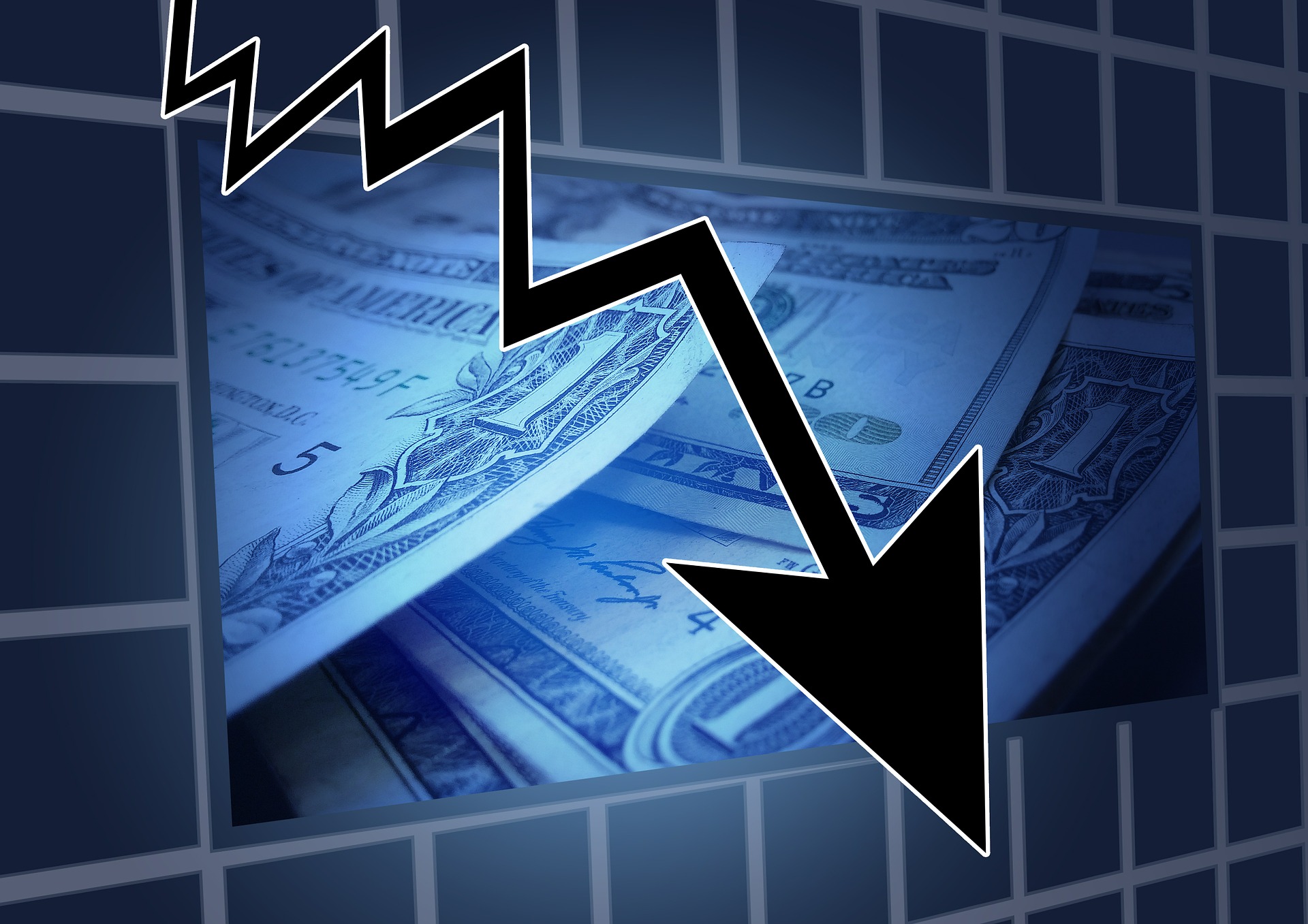In my last post I painted a rather bleak picture of where we are now in terms of sustainability (two and a half minutes away from the midnight of catastrophe to be exact).
So what is to be done? Can anything be done? What can one individual or organisation do that is worthwhile?
Many sustainable futures
There is not one correct sustainable future
One of the important skills of a sustainable mindset is the ability to imagine different futures and to evaluate how sustainable they would be and how to get to the desired future. Often this results in several equally desirable possibilities. And therefore different paths to achieving desirable futures.
Recognise the problem
The first problem, rather like those of an alcoholic or a drug addict, is to recognise that a problem exists. And when you have been brought up from birth without being able to avoid hundreds of advertising messages a day through your entertainment, news media, journey to work and pretty much any other aspect of life, it is difficult to imagine a life that does not constantly promote the consumption of more material things as the way towards greater satisfaction and wellbeing.
But we already live in a world where different cultures believe in radically different ways of interpreting the world. The 3-minute video below is jaw-dropping for those brought up in the West. But it does show that radically different interpretations of the world can co-exist. So it would not be too fanciful to suggest that as vocational trainers we could present a different view of the world to our learners.
Is it unethical?
The motto of the ProfESus project is
Implementing a sustainable mindset for a future-oriented lifestyle
Does this imply brainwashing? Well, apart from being for the common good, a sustainable lifestyle turns out to be a scientifically validated way to happiness. So sustainability makes sense both from the common and personal point of view as explained in the video below.
As we shall see, sustainability also makes sense from a business point of view both for economic reasons and for complying with the increasingly stringent sustainable legal framework. So in a sense we can say that as vocational trainers, we have a duty to give our students the opportunity to carry out their professional tasks in a sustainable way. The next question will be about the degree of sustainability that we should be advocating. Should it stop at green consumption or should we be aiming for deep green that implies more radical lifestyle changes?

